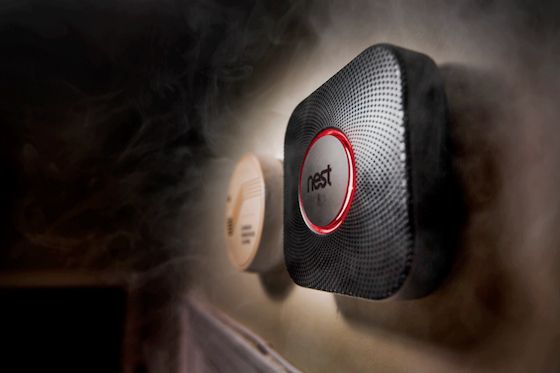In a surprising move on Monday, Google announced the acquisition of Nest Labs, a home automation company that's made quite a name for itself in three years.
Why would Google, a company traditionally focused on a search engine, advertisements and Android phones, want to buy a thermostat company? We have rounded up everything you need to know about the acquisition.
Products
Nest started with the release of the Nest Learning Thermostat in 2011, shaking up an industry that hadn't seen a revamp in more than 30 years. In the smartphone age, the Nest brought something new to the table - not only a sleek new wheel design, but also the ability to control your home's climate from anywhere. The Nest will optimise itself for your system and start learning from your temperature changes instantly to help you save money.
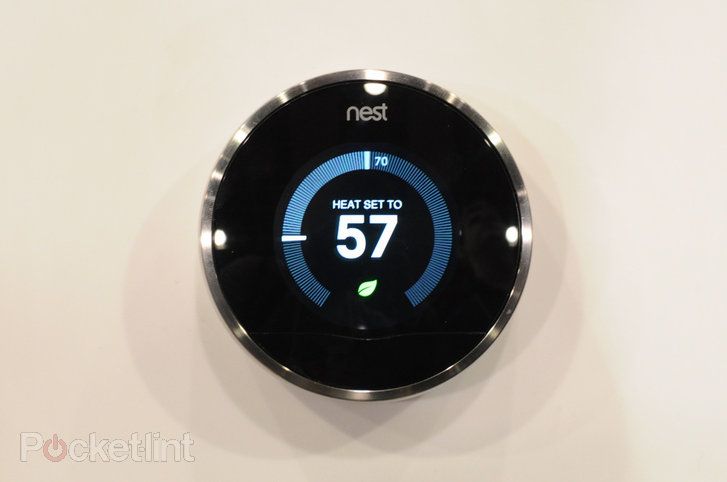
In late-2013, Nest expanded to the smoke and carbon monoxide detector with the Nest Protect. Like the thermostat, the Protect is smartphone connected, sending you a message when it's low on battery or an emergency has been detected. It will also give you a friendly warning to where danger is and if, say, you burn some toast, you can simply wave to silence the alarm.
Read: Nest Protect review
The Nest Learning Thermostat is available in the US for $249 and the and Nest Protect in the US and UK for $129/£109, with plans to bring the thermostat to the UK soon. They're available throughout a slew of retailers, including Apple Stores.
Apple beginnings
Nest Labs was co-founded in 2010 by former Apple engineers Tony Fadell and Matt Rogers.
Fadell is well known for his work at Apple for creating the concept and design of the original iPod, a product that put Apple on the map during the 21st century. He oversaw the design and production of the iPod, until he departed Apple in 2008. Rogers was responsible for iPod software development at Apple.
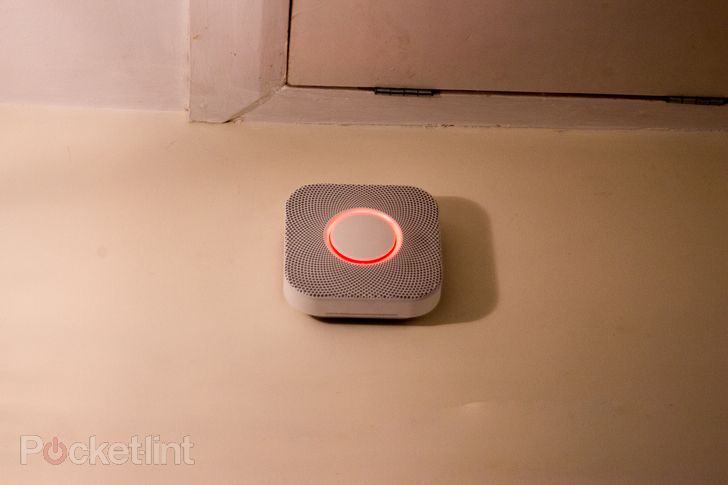
In an interview with The Economist, Fadell said Nest was born out of frustration when he was building an energy-efficient home near Lake Tahoe in California. He found that existing thermostat options were very limited, and decided it was time for his new business. Fadell and his former Apple colleague Rogers started Nest Labs in a Palo Alto garage.
It's said that a large number of the Nest Labs' staff, currently more than 120 employees, are former Apple employees. Essentially with its acquisition of Nest, Google has garnered a team that once put the iPod, one of the world's best-selling consumer electronic devices, on the market. Wouldn't you want those employees on your side?
Why did Nest sell?
Nest was close to raising a big round of funding, so why did it sell to Google?
Fadell explained on Nest's blog that Google has the resources to help the home automation company grow globally with software and hardware.
"And our company visions are well aligned – we both believe in letting technology do the hard work behind the scenes so people can get on with the things that matter in life," Fadell said. "Google is committed to helping Nest make a difference and together, we can help save more energy and keep people safe in their homes."
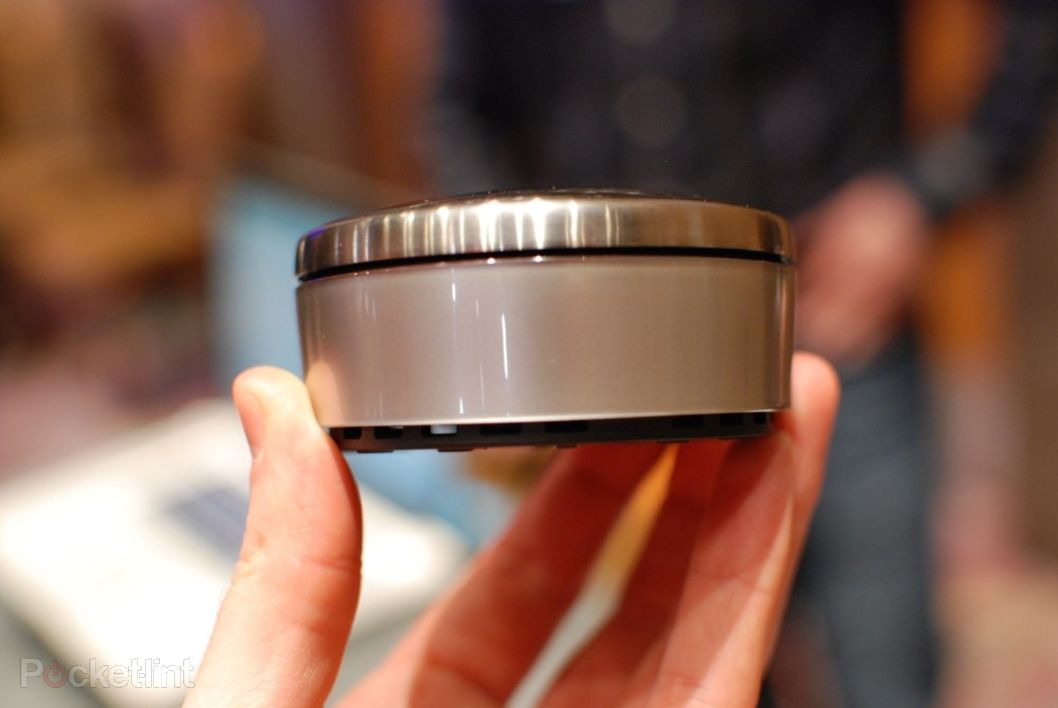
Some have theorised Nest was having trouble reaching the mainstream market, and sales were slowing as the "geek market" had already purchased the products. If that's true, maybe Fadell and Co saw Google's distribution as a way of growing to the mainstream.
Even before Google Ventures invested in Nest, Google had been in the mix at the company. Fadell met with Google co-founder Sergey Brin at the 2011 TED conference to show him an early Nest prototype and "he instantly got what we were doing and so did the rest of the Google team when we showed them", Fadell said.
Recode reported on Monday that Google was the only serious bidder and Apple was not in the mix to buy Nest.
No plans to stop
Google is notorious for buying products and quickly shutting them down - a prime example being Sparrow, a once popular mail application. Fadell and Google were quick to say that wouldn't be the case for Nest. It will retain its distinct brand identity under Google and will continue selling in retail stores in the US, Canada and the UK.
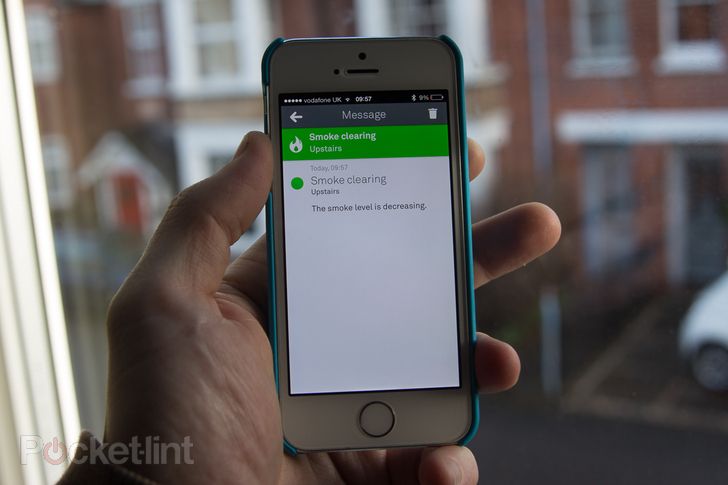
"Nest will continue to be Nest, with its own distinct brand identity," Fadell wrote. "We will continue to reimagine and reinvent the unloved products that proliferate in our homes, just as we have since we started. We are simply going to get our products into the hands of people around the world – faster."
Google's push into the home
While Google says Nest will be operating as a separate entity, it's safe to assume Nest's assets will be working on projects within Google.
"Nest’s product line obviously caught the attention of Google and I’m betting that there’s a lot of cool stuff we could do together, but nothing to share today," Matt Rogers, VP of engineering, wrote on Nest's blog.
Before the purchase of Nest, Google was rumoured to be testing behind closed doors its own "EnergySense" thermostat that enables users to keep track of their energy use. It was never clear on how far the company planned to take EnergySense, and if Nest's product and team will have any future within the EnergySense project.
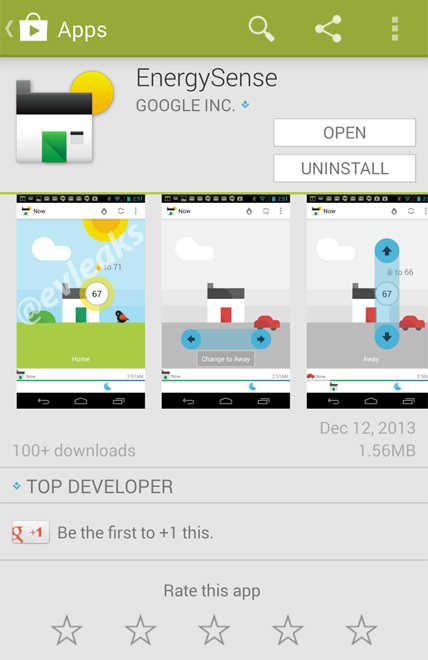
Google has also expressed interest in Android in the home. "You want to be able to walk into your house and have all the appliances adjust, know it's you," Google chairman Eric Schmidt said in 2012 at a CNET CES event in Las Vegas. "A text message goes to the TV because that's your preference."
It's obvious Google has plans to be connected within your home, which has some people worried. Following the announcement of Google's acquisition, many took to Twitter poking fun. Some jokingly said Google will target advertisements when your Nest Protect alarm goes off during a fire, or that you can't change your Nest thermostat temperature until you join Google+.
Rogers tried to dampen privacy fears by saying no customer data would be shared with Google: "Our privacy policy clearly limits the use of customer information to providing and improving Nest’s products and services. We’ve always taken privacy seriously and this will not change."
When will the deal close?
Google said in a press release that its deal with Nest, for $3.2 billion in all cash, will close in the next couple months. First, it's subject to the usual US regulatory approval. After that, it will be interesting to see what the two companies create together in the home automation space.
Would you rather Nest have stayed independent or have been purchased by Google?

